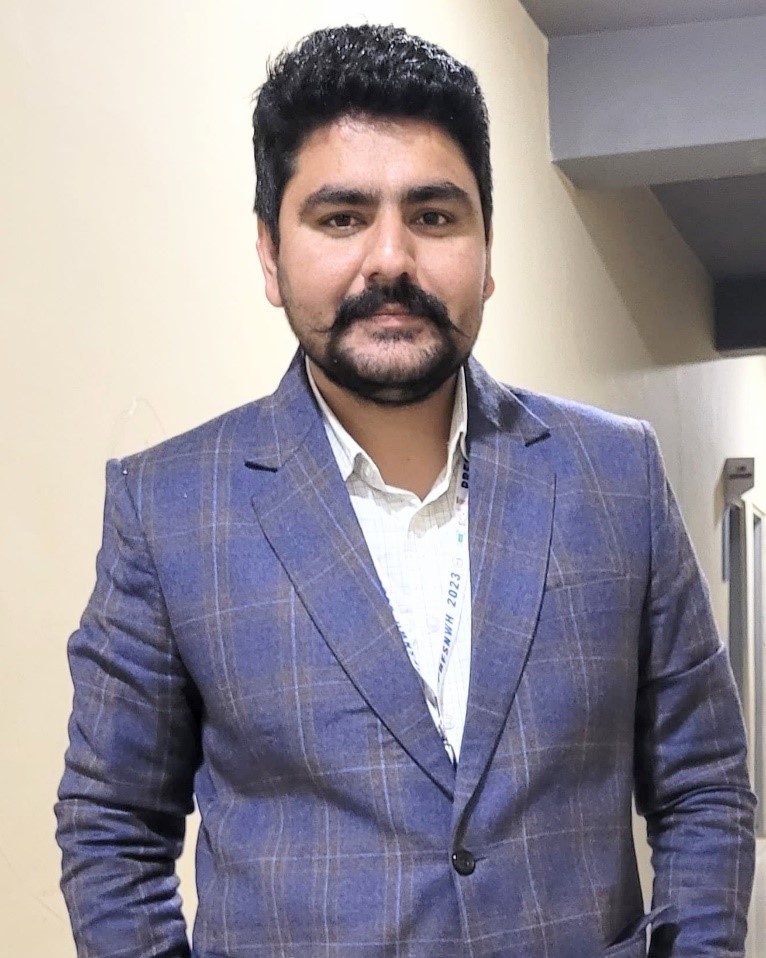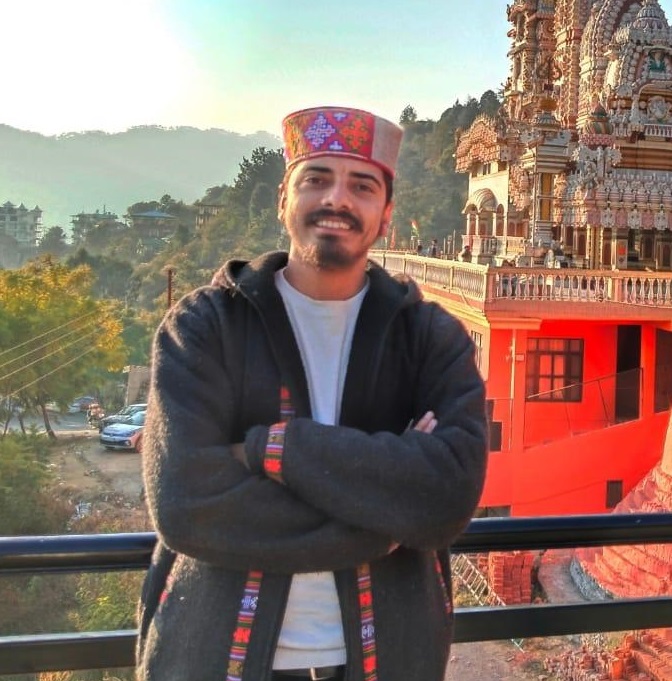MSc Agriculture (Plant Pathology)
Eligibility : BSc Agriculture/Horticulture/ Forestry with 6/10 OGPA or 60%.
- Duration : 2 years
- Admission Criteria : Shoolini University's multiple choice entrance test, and faculty interaction
MSc Agriculture (Plant Pathology) at Shoolini University is a two-year postgraduate programme that provides in-depth knowledge of plant diseases and sustainable management practices. The curriculum covers the biology of plant pathogens, disease diagnostics, and eco-friendly control strategies, blending classical approaches with molecular tools.
Set in the Himalayan foothills, Shoolini offers a rich agro-climatic environment ideal for field-based learning. Students gain practical experience through advanced labs, real-time diagnostics, and field visits.
The course is supported by expert faculty from premier institutions like Oxford, NIH, NCI, Johns Hopkins Medical School, IISc, JNU, DU, and ZSI. Their guidance ensures a global perspective combined with local relevance, helping students stay at the forefront of research and innovation.
With a strong focus on hands-on training, scientific inquiry, and outreach, the programme prepares students for careers in research, agri-tech, academia, and extension services. It also builds a solid foundation for further doctoral studies in plant pathology and related fields.
Research Opportunities
Fungual Pathology | Viral Pathology | Bacterial Pathology

Global Links
Academic collaborations with universities in USA, UK, Korea, Taiwan, etc.
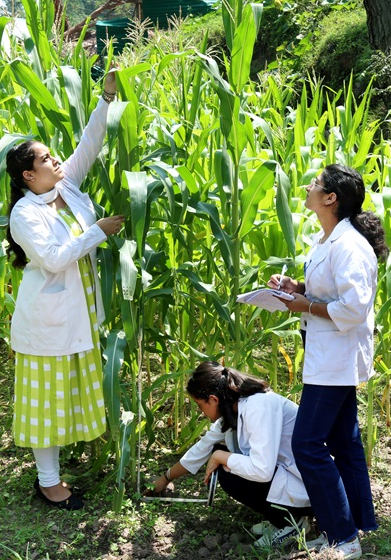
Real-Life Projects
Crop cafeteria and milk unit for field practicals. Kalaghat Farm for research and demonstration purposes.
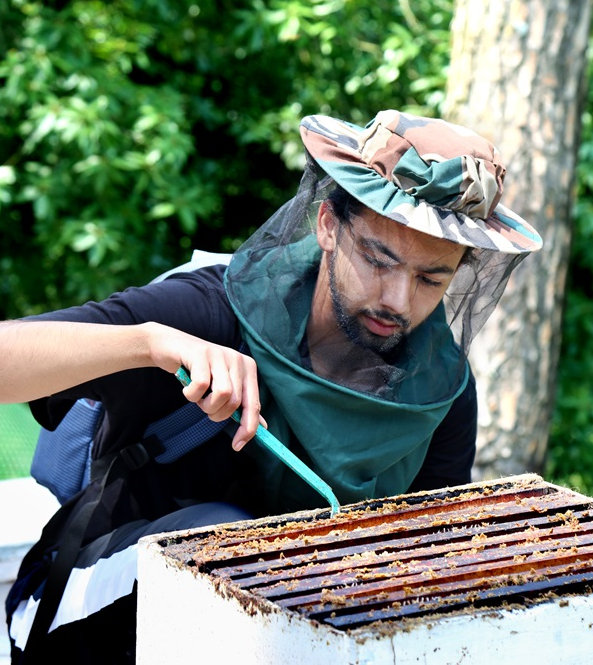
Agri-Careers
Diverse, high-paying career paths in sectors like agribusiness, agricultural research, and sustainable practices.
MSc Agriculture (Plant Pathology) Career Opportunities
- Gazetted Post (Agriculture Extension Officer, Agriculture Development Officer, Horticulture Extension Officer etc.)
- Marketing officer Research and Development officer in Private Companies
- Non-Gazetted Post (Junior Extension Officer, Village Level Worker etc.)
- Subject Matter Specialist in Plant Protection (KVK)
- Agriculture Officer in banks
- Technical officer in plant quarantine
- Opening of Agri-clinics
|
|
|
|
Program Details
Top Faculty
Student Voices
Frequently Asked Questions
Who teaches MSc Agriculture (Plant Pathology) at Shoolini University?
The program is taught by a highly qualified faculty team with academic and research backgrounds from top institutions like Oxford, IISc, NIH (USA), and the National Cancer Institute (USA). These experts bring global knowledge and years of hands-on experience to the classroom and lab.
What are the future opportunities after completing MSc in Agriculture (Plant Pathology) from Shoolini University?
After completing the program, students can work as Plant Pathologists, Crop Protection Experts, Research Scientists, or in seed and pesticide companies, agriculture departments, and research institutes. Many students also qualify for Junior Research Fellowships (JRF) and pursue PhDs or research careers. There is a growing need for plant health experts, which means students can look forward to high-paying and meaningful careers.
How do you expose students to industry and field experience?
Students gain real-world experience through practicals at the Crop Cafeteria, Kalaghat Farm, and small-scale milk unit. They work on identifying, diagnosing, and managing plant diseases in actual field conditions. The university also has academic tie-ups with universities in the USA, UK, Korea, and Taiwan, providing global exposure. Guest lectures, field visits, and industry interactions are regular parts of the program.
Is practical training a part of MSc Agriculture (Plant Pathology)?
Yes, practical training is central to the program. Students spend time in labs and instructional farms, where they study disease symptoms, collect samples, and work with plant protection methods. All infrastructure follows ICAR guidelines.
What placement opportunities are available for students who have completed MSc Agriculture (Plant Pathology) at Shoolini University?
Graduates of this program get placed in research labs, government departments, agrochemical companies, seed and biotech firms, and academic institutions. With help from the university’s dedicated Placement Cell, students receive training in interviews, communication, and technical skills. Many get placed in top organisations, and the university’s ‘Mission 130’ aims for 100% placements, with top students landing roles in well-known companies and research centres.
Latest Blogs
Explore the latest insights and updates in our newest Shoolini University blogs!
Still have Queries? Contact Us
Please fill in the form and an expert from the admissions office will call you in the next 4 working hours.



.jpg)
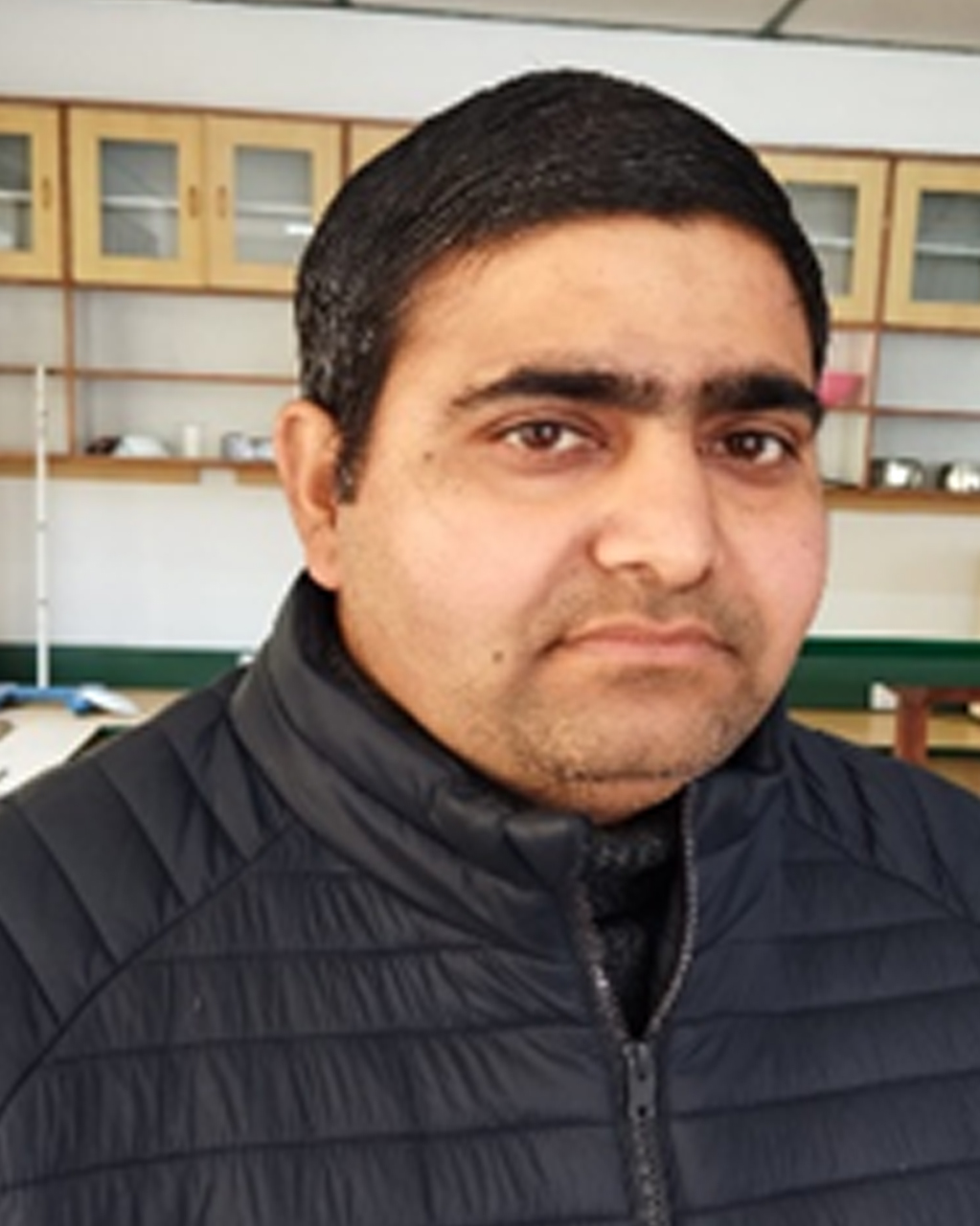

.jpg)












